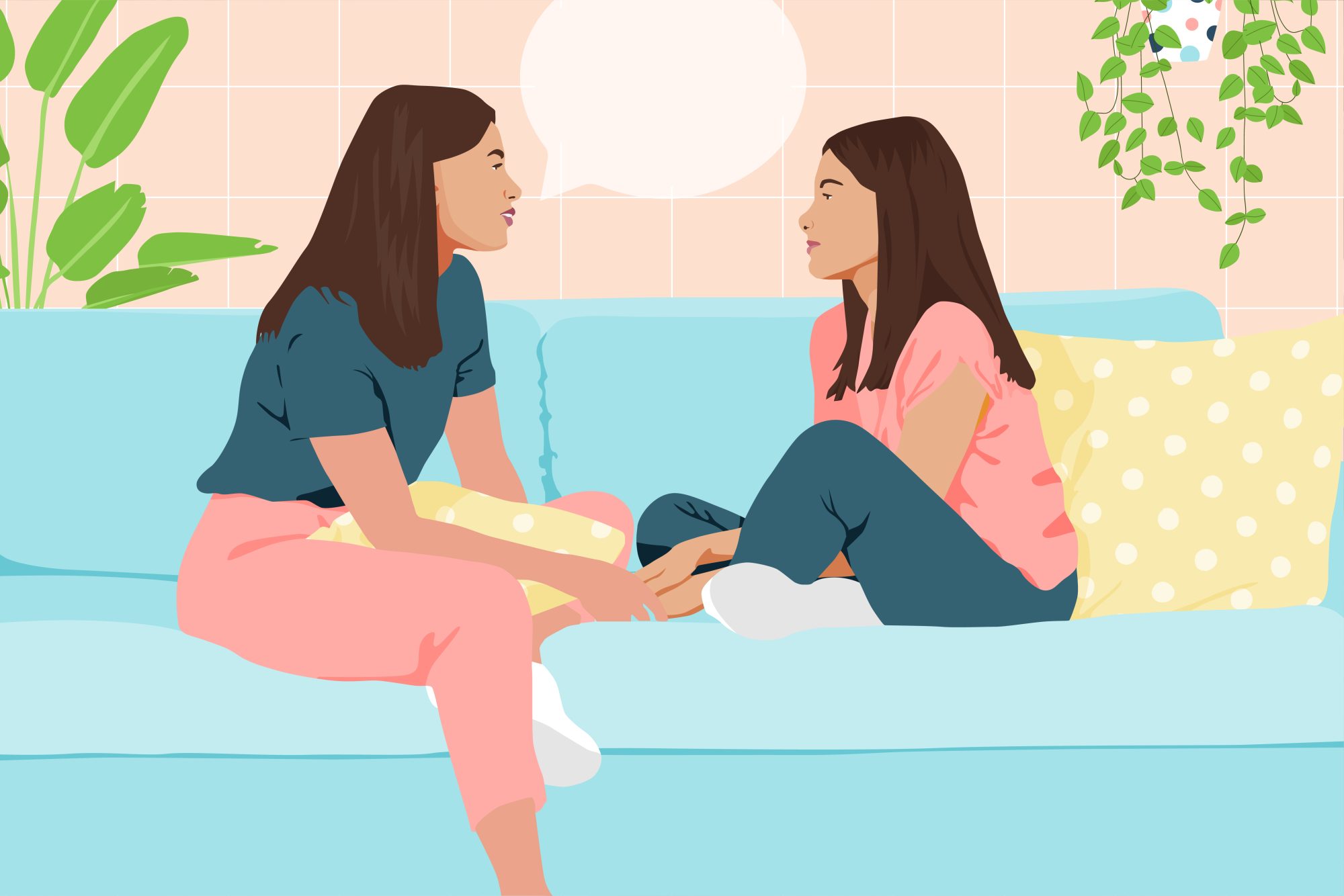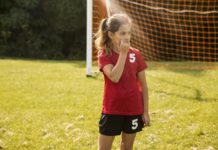
My child’s friends have been getting together without her and she feels upset about being left out. To add to the sting, she sees them post pictures of their hang outs on social media. How can I support her through this latest friendship drama?
When I reminisce about the "good old days," this 100 percent includes going through childhood and adolescence with no social media. For a laundry list of reasons, I'm sure many of us could rant and rave for hours about wishing this invention didn't exist (for our children at least). Of all these reasons, seeing picture proof of being left out has to rank near the top of the list. As much as we do not want our children to experience it, this common situation of seeing friends together without them on social media gives parents a two-for-one opportunity: coaching for life skills in social media and friendships.
Social Media: Take Back the Power
I have joked with my own 6th grader about how her cell phone has suddenly become her newest appendage as her friends are now the most important thing in life and she must stay connected at all times! (No surprise this has also led to moments of feeling excluded.) Inevitably, this developmentally normal all-importance of friendships intersects with social media to combust. Since these platforms amplify normal relationship struggles for our children and teens, we need to support them to navigate social media to ratchet down its power.
Your situation provides you an opportunity we should all look for: talking through the positives and negatives of different social media platforms with your daughter, to help make decisions around which ones mostly enrich her life and which ones leave her feeling worse much of the time. The recent headlines around Instagram's effects on teens add to the urgency of understanding how these usage choices affect daily life for our individual kids.
Your scenario also offers a great example of why the answer is to not just hand down limits with an iron fist (Feeling excluded? No social media for you!), but to explain rationales for limits around social media that she may even buy into if she understands and/or contributes to the reasoning. If she knows that seeing pictures of her friends together without her is going to cause distress, this may motivate her to have more boundaries. Examples include when and where she checks wherever she's seeing these pictures (like not before going to bed!); deleting the app for a couple of days for a break; and blocking some primary offenders so she can feel some control around her exposure. Practicing these boundaries from an understanding of how they help her, rather than because you said so, can build a sense of mastery as a more active than passive social media user.
Social Seesaw: Friend or Foe?
It sounds like this could also be a great opening for you to coach your daughter around some important friendship skills, like choosing good friends. Although feeling left out can be a normal part of growing up, if she has a group of friends systematically excluding her, and even wanting her to notice, that's a red flag. When this happened with my daughter, she and I talked about the deeper issues of why a "friend" would want her to feel so badly. How does she think friends are supposed to treat each other, and how should people feel when part of healthy, positive friendships?
Part of this coaching includes helping her examine how she behaves as a friend as well. As much as we may want to believe our little darlings will always be angels, part of their own social learning can involve testing out negative behaviors. Explore if there have been occasions when your daughter may have made some of her friends feel left out; does she ever post pictures on social media without certain friends?
You can also challenge her view by widening her perspective: Can she think of examples when other people may have felt left out, but their friends weren't really being mean? I have had this conversation with my children many times. Not everyone can be included all the time, and they have had their own get-togethers that could have made others feel left out. The key here is recognizing the natural social seesaw of inclusion and exclusion, but again, if this pattern is heavily weighted to one child most often being excluded, that is a concern.
Coping with Exclusion
Feeling excluded by friends is a fixture of growing up, with or without social media. Friend groups shift around, pairs of friends become closer in cycles, and these changes almost always end up hurting feelings. No matter how normal this experience is, rejection brings tough emotions. One part to focus on with your daughter is how to practice healthy emotional coping with social stress.
Help her identify the range of emotions she may be feeling: jealousy, betrayal, sadness, anger, and insecurity as a possible few. It's important for her development of coping skills to understand what she's feeling, and then what to do (and what not to do) with these strong and unpleasant emotions. Even expressing them to you is a good step, and she may benefit from writing them down as well. Both strategies practice emotional expression instead of repression, a known risk factor for emotional problems, and keep them private instead of social media public.
Next, ask questions about how her emotions may translate into behaviors, helpful and unhelpful. She might want to get revenge (posting mean comments, coming up with a plan to exclude the friends she is mad at), which although an understandable temptation, will likely lead to more stress and problems. You can talk through with her: "What do you think would happen next if you went through with that plan? Do you think you would have less stress or more stress?" A more constructive behavior, for example, is to directly communicate with her friends about her hurt feelings. This allows all parties the chance to practice resolving interpersonal conflicts.
The Bottom Line
Ideally, these discussions inspire your daughter's budding awareness about healthy friendships and how engaging with social media makes her feel, helping her make better choices in both areas of life. As a psychologist and mother, I take a strong stance that our ultimate goal is not to make social media the boogeyman (thus making it so much more appealing to our kids), but to view it as a necessary part of raising our child in the modern world. In fact, it can be woven into the fabric of so many skills we are constantly helping our children develop to be better prepared not just for the digital world, but the real world.
Submit your parenting questions here, and they may be answered in future 'Ask Your Mom' columns.
Emily Edlynn, Ph.D., is the author of The Art and Science of Mom parenting blog and the upcoming parenting book Parenting for Autonomy. She is a mother of three from Oak Park, Illinois and a clinical psychologist in private practice who specializes in working with children and adolescents.
Read More Ask Your Mom columns here.





